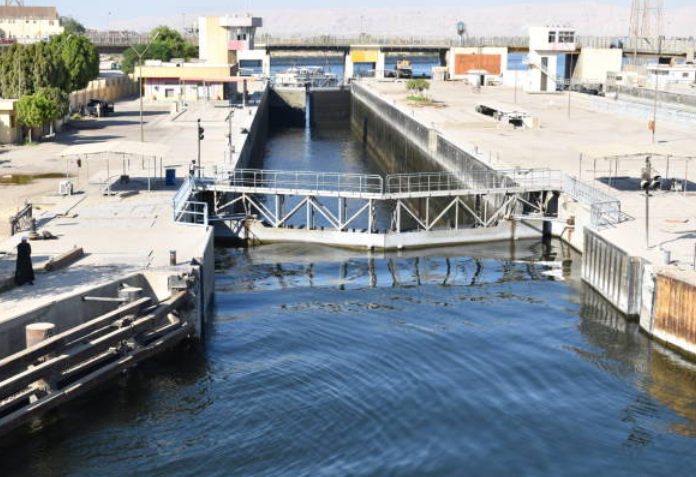LOCK AND GATE SYSTEMS
Design
Conceptual Design
Basic Design
Detailed Design
Project Guidance
Project Supervision
Project Documentation
Cost Engineering
Supply
Procurement process
Fabrication process
Third Party Inspection
Installation, Inspection, Maintance
Method of statement
Inspection plan
Maintenance plan
LOCK AND GATE SYSTEMS
The rising sea levels, increasing global population and climate change
has impact on the ship navigation, water defense and water management.
Therefore we do see more lock and gate systems as ever before across the globe.
Lock and gate systems require an engineered sealing system ensuring prompt
emptying cycles, preventing vibrations due to leakage and hydrodynamics and
meeting nowadays tight leakage regulations.
Water Barriers sealing challenges:
We do have experience in the sealing solution of many and different types of lock and gate systems across the globe in different sizes and configurations. The sealing design can have an important impact on the drive system, fatigue and wear of the construction. When the sealing system is not designed properly, for example the sealing system may vibrate due to the water flow, this vibration may enhance resonation with the hydraulic structure thereby creating in the early design lifetime of the gate, fatigue or serious wear on the steel or concrete works. This results in huge cost impacts for re-design, downtime and repair of the project.
By experience we do know which sealing designs are prone to the vibration phenomena, we can assist you and share our knowledge to prevent such phenomena.
We therefore prefer to think with you as early as in the conceptual design phase. By this we can share our knowledge and experience, ensuring the sealing solution is not over engineered. In the early design phase we ensure you have the solution which fits your boundary conditions and is ensured of a proper sealing technique at lowest possible cost.
We are able to consult and assist in the sealing challenges of the interfaces between all these different types of structures.
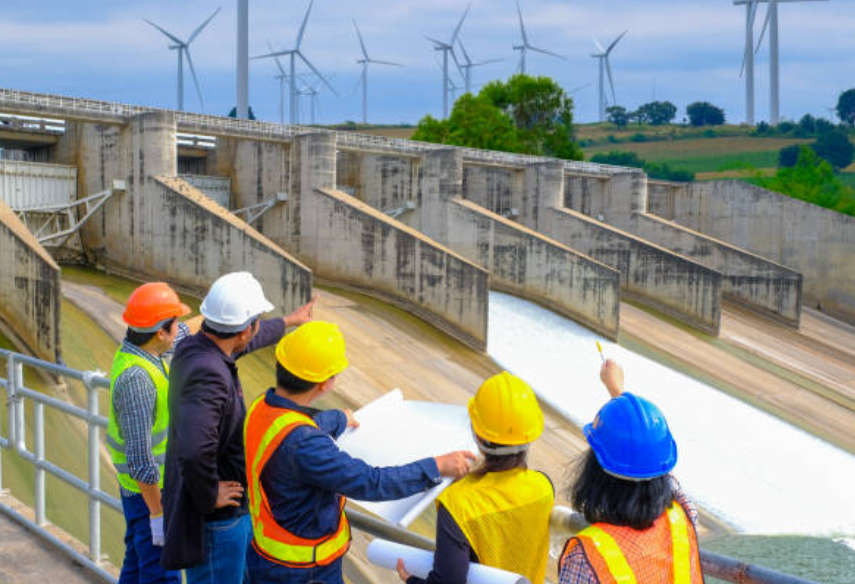
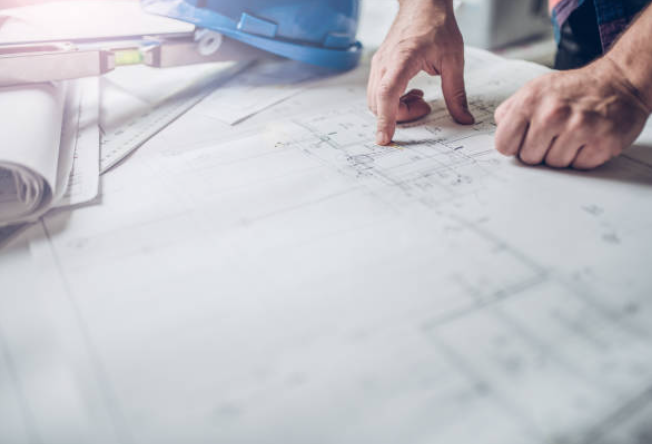
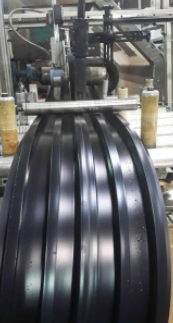
Lock Gate Sealing Solution
There are different types of water barriers and lock systems for hydraulic projects. Each type of barrier having a different configuration, geometry, closure mechanism, movements, closure path, load distributions and thereby requiring different sealing techniques.
Radial gate
The radial barrier is operational by rotating into 3 possible positions, open, close and maintenance position. Due to the allowance of this radial movement often one requires a combination of bottom sealing and vertical sealings ensuring watertightness of the barrier.
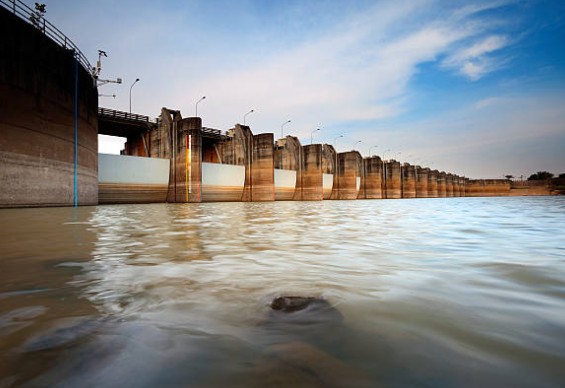
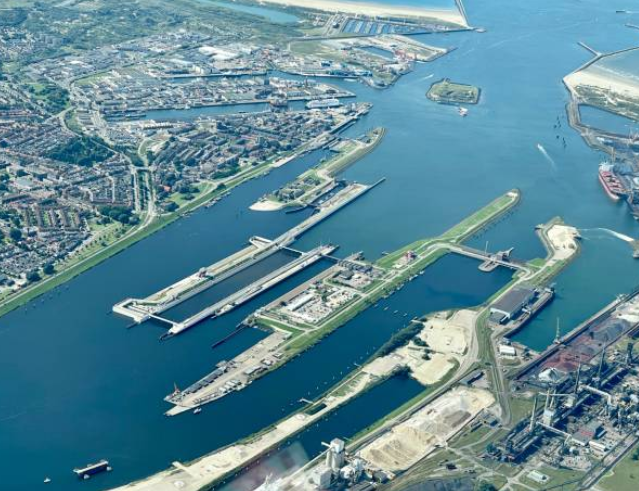
Sliding Gates
The sliding gate is opening and closing by a horizontal sliding movement. Depending on the location and configuration of the sealing method, the sealing has to be designed to cope with high compression loads, shear loads and relatively high friction forces working on the seals
Miter/Flap Gates
The Miter and Flap Gates, are opening and closing from a fixed rotation position, the sealing mechanism principle can be based on different sealing principles, depending on the designed configuration and the load distribution on the sealings.
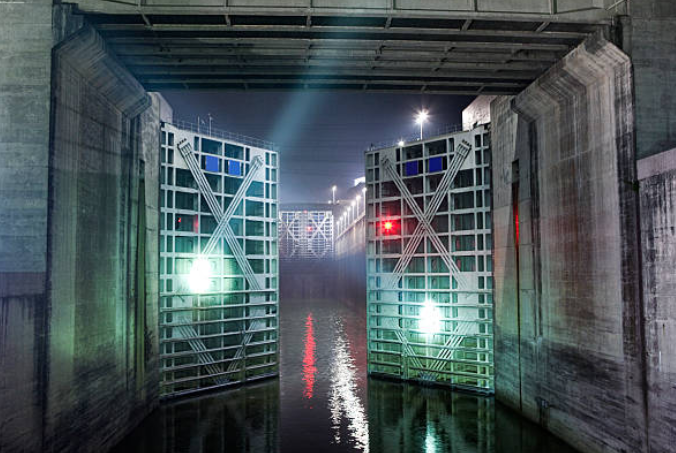
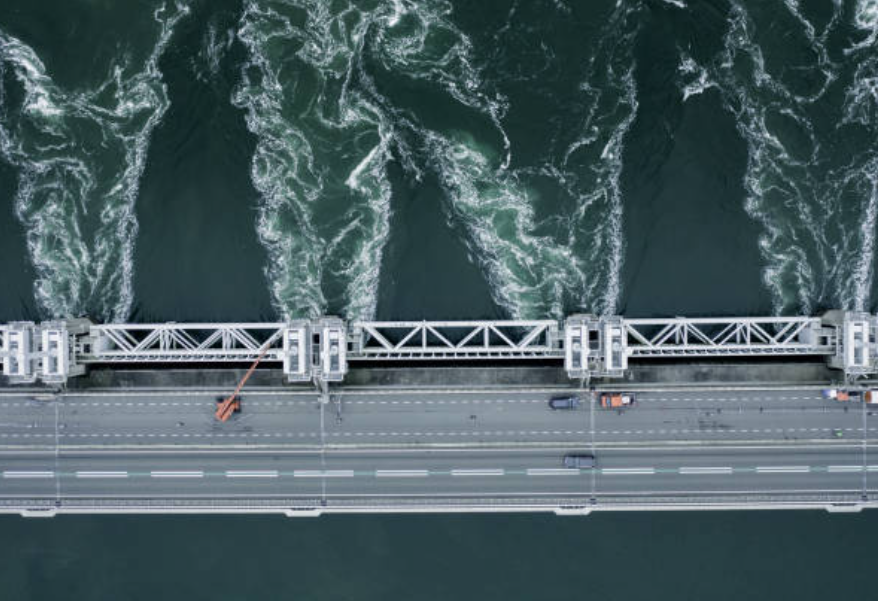
Vertical Lifting Gates
The Vertical Lifting Gate is opening and closing by vertical movement of the gate. In these gates one can use the self weight of the seals to activate watertightness of the seals, and use self-activating lipseals at the vertical sides of the gate
Sector Gates
The Sector Gates are rotating from a recess landwards towards the opening of the river. This configuration delivers the widest possible opening range in the by pass of the river. Depending on the operating mechanism the sealings often exists from two or three sealing techniques.
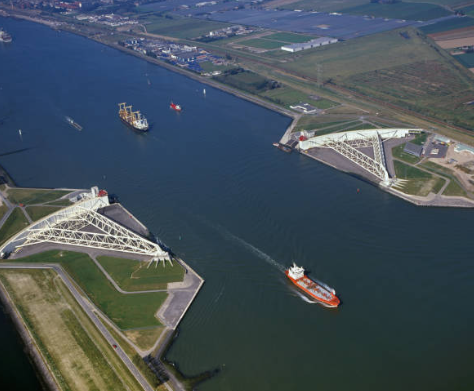
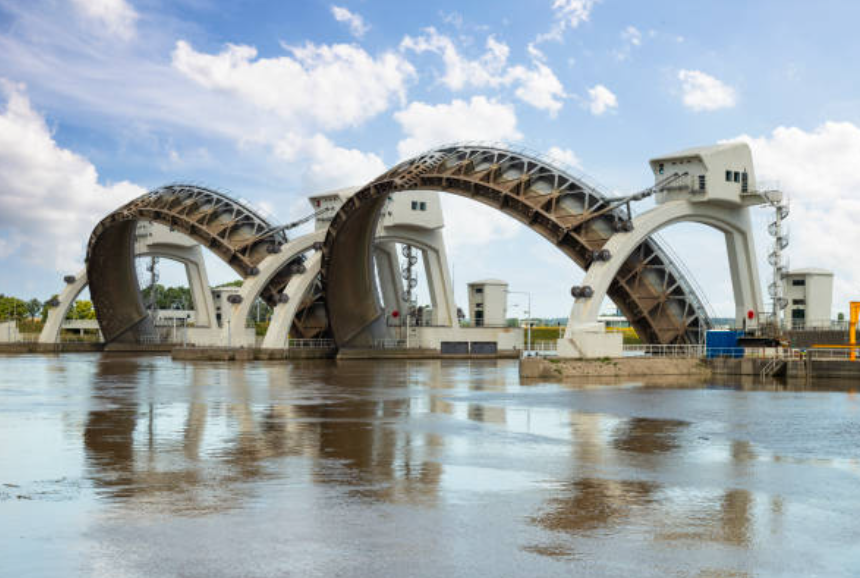
Visor Gates
The visor gates are constructed in an arch form and are used in the Dutch water management landscape. The Visor gate in its essence is a dynamic dam, which in dry seasons is used to hold sufficient water level in parts of the rivers, ensuring safe navigation. The visor gate has sufficient self-weight and therefore an engineered compression type of sealing is here in the preferred sealing option.
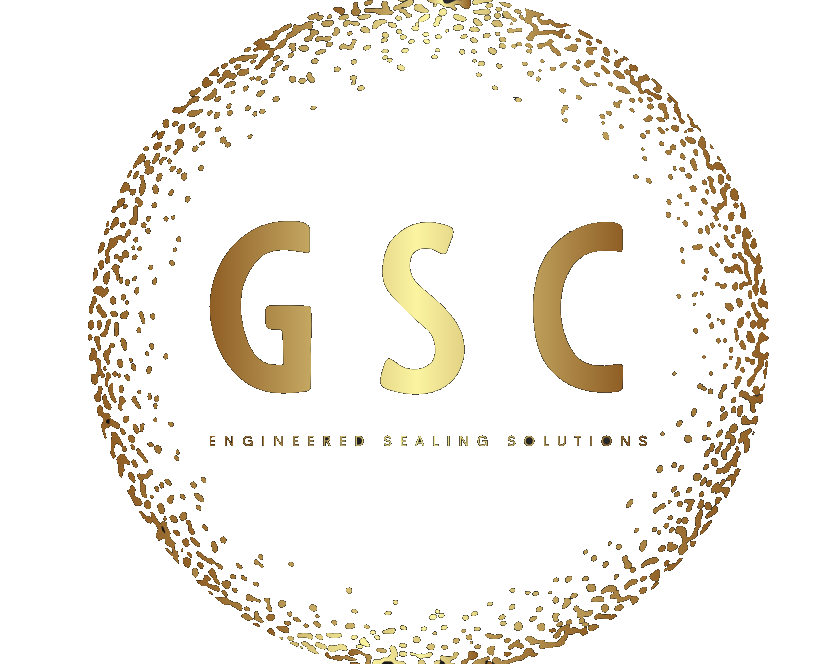
Engineered Sealing Solutions for constructional interfaces. No sealing Challenge is us to big.

